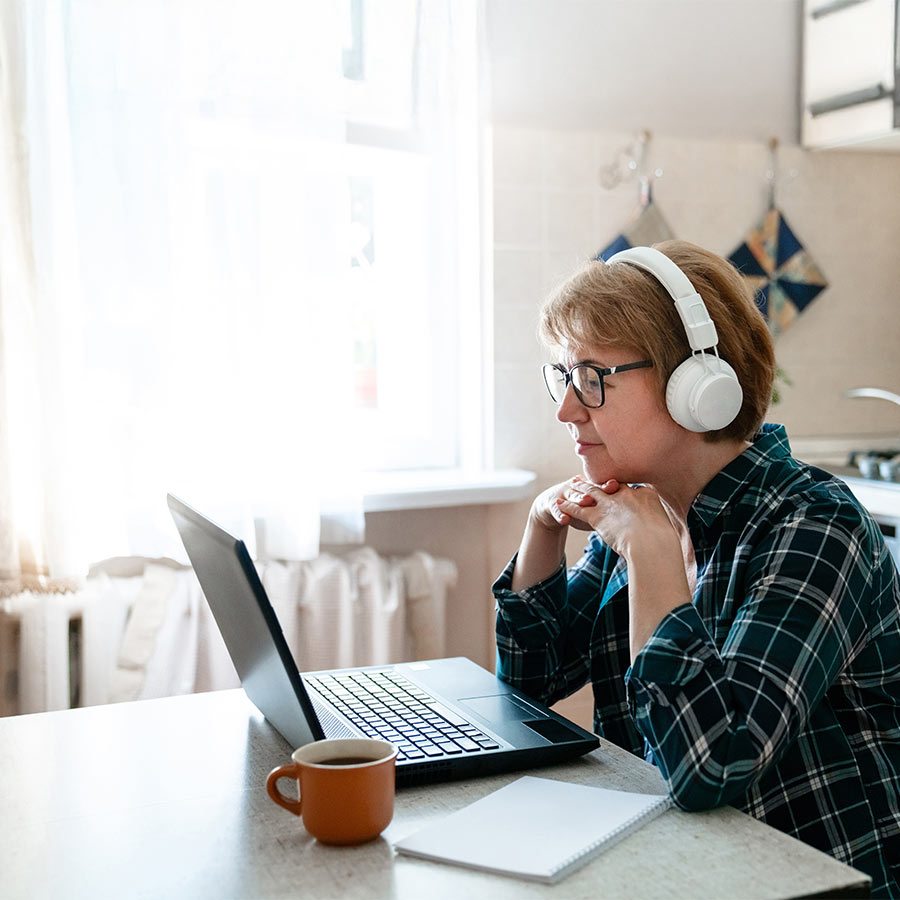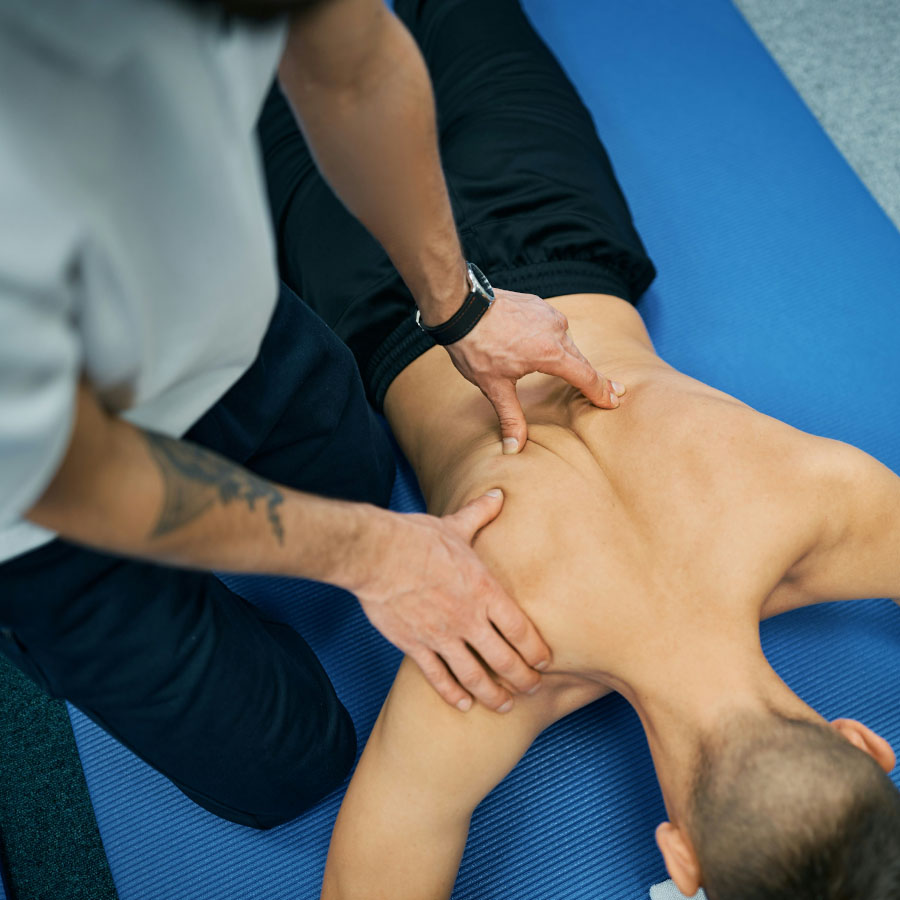Tiny breaks make a big change!
It has been shown that pause and stretch breaks can not only reduce the risk of injury but also improve your ability to concentrate throughout your working day. Those who sit for longer durations without taking regular movement breaks have less range of motion
What to consider when thinking about posture? The two biggest things to consider when considering posture:
Duration: Your next posture is you best posture, there is categorically no such thing as a perfect posture, not any one posture is a bad posture it’s just a matter of how long you spend there
Inactivity: Motion is lotion, take regular pause and stretch breaks throughout your working day as often as every 30 minutes for 30 seconds – 5 minutes to aid in reducing symptom alleviation
Bad posture is a posture that is maintained for too long in conjunction with inactivity!
Find a median, find a neutral posture: key tips neutral hips, feet well supported, chest up, elbows at 90 degrees
Importance of ergonomics:
It is important to have a workstation that is comfortable and have equipment set up correctly in addition to taking regular breaks and being mindful of posture
What should I be doing?
Warm up and stretches do not need to be specific ok. Any movement is beneficial, some examples of things you can try are yoga poses, Pilates based movements, animal patterns and mobility exercises. Just move!
Barriers
Now I understand that we must work and taking regular breaks is at often times challenging however, try working standing, or find a break routine that works for you and be proactive. Go for walks at lunch time and change scenery its also important to optimise your mental health and get some fresh air especially if you’re working from home!
Information & Guidance
Access our Health Hub
Long Term Condition
People living with Long Term Conditions (LTC’s) are more likely to experience mental symptoms due to their physical symptoms causing anxiety, worry, overthinking and avoidance.
Related Articles

Pennine’s Fracture Liaison Service: Quietly transforming lives in Oldham
Discover how Pennine MSK’s Fracture Liaison Service in Oldham is leading the way in osteoporosis care, prevent

Tennis injuries: symptoms and prevention
Tennis injuries can be short or long term – these last ones being associated to the upper body (overuse).

5 Simple Tips for Back Care
Back pain is often, it’s your body reminding you to move, rest, or adjust your habits.

The benefits of physical activity for mental health
The benefits of finding even small moments for movement in our everyday lives are great.


















